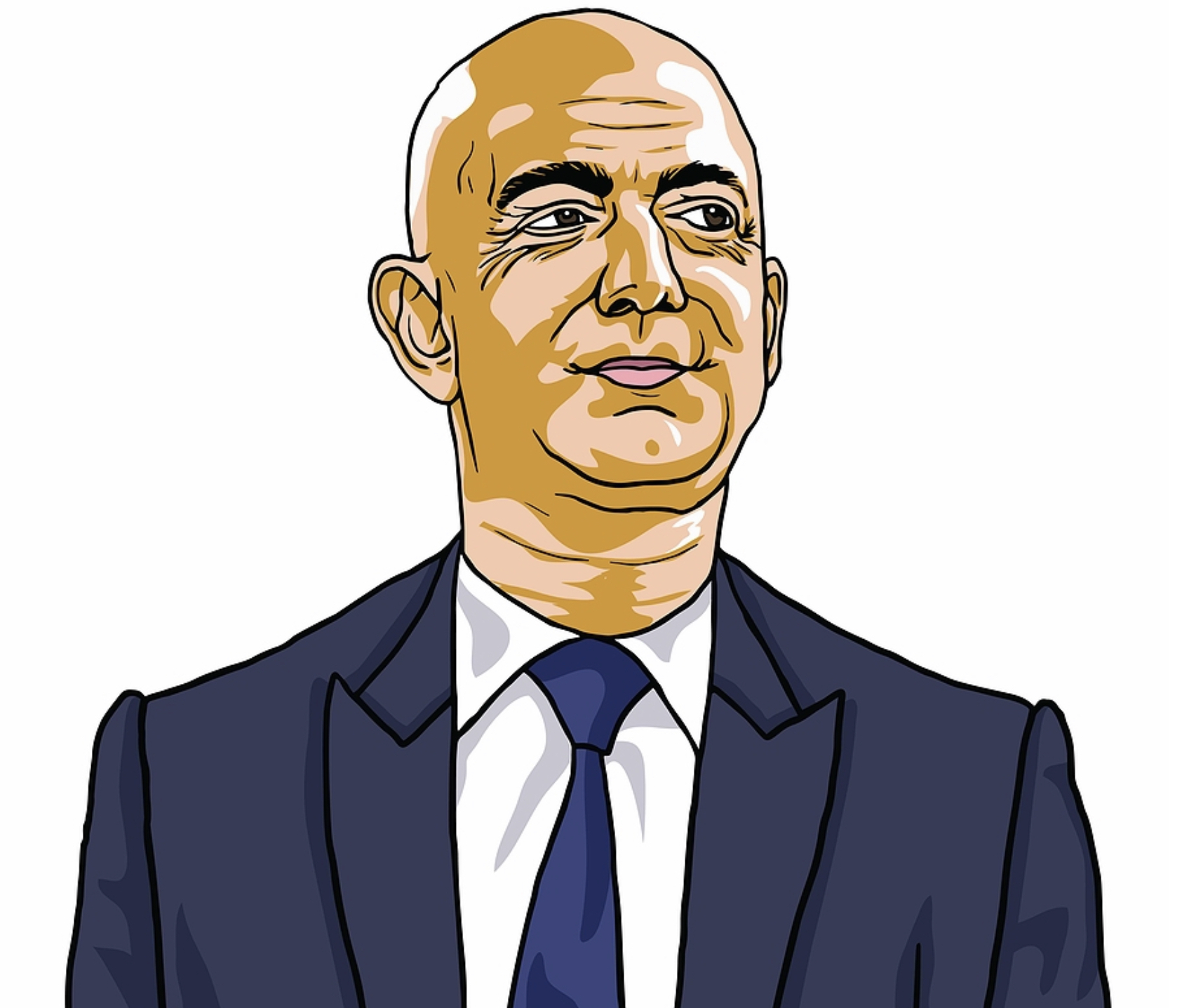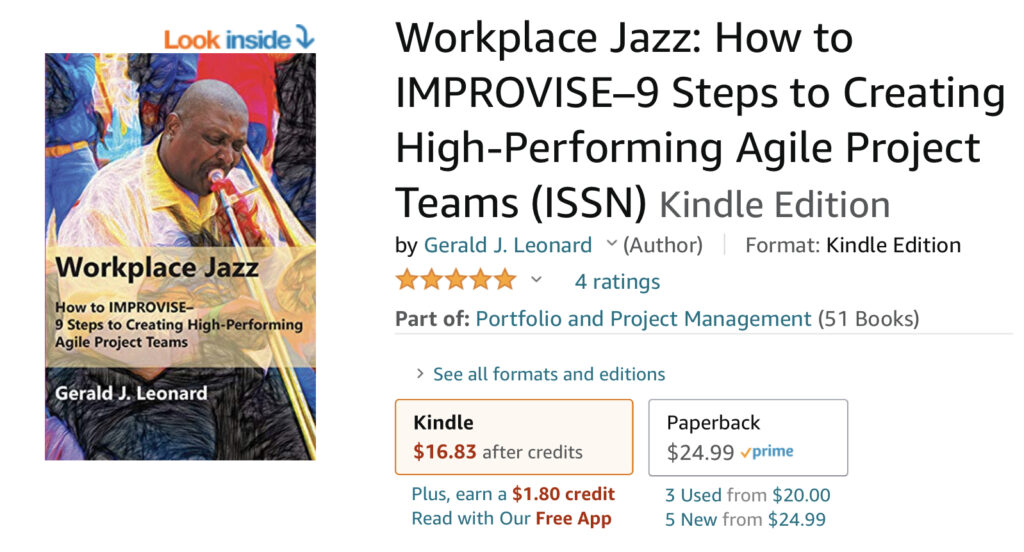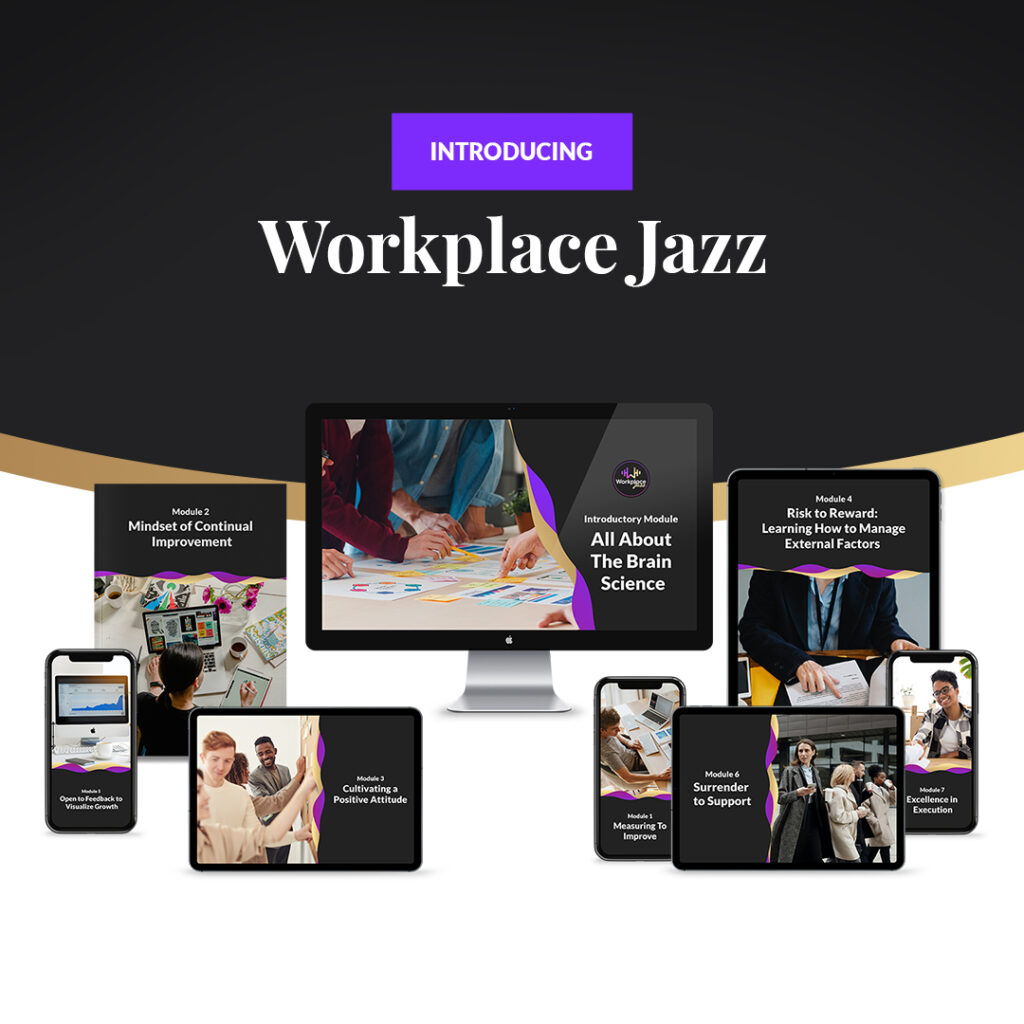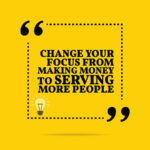Productivity Secrets
Few leadership positions have as many demands and responsibilities as being the president of the United States. In that role, Barack Obama made it look easy with his unflappable demeanor and ability to speak about any subject in an engaging, charismatic way. Obama’s daily life as president required him to pack as much productivity as possible into every minute. How did he do it?
1. Make Use of Uninterrupted Time
Although we think of most highly productive people as early risers, Obama was a lifelong night owl who used the uninterrupted nighttime hours to get a jump on the next day. Obama used those hours on tasks that required his full concentration, including writing first drafts of speeches or planning for an upcoming meeting with a head of state.
It can be hard to find uninterrupted blocks of time in your day, but try to carve them out. If you’re an early bird, consider the early morning hours. Get as many hours as you can to fully focus on your work.
2. Minimize Decision Fatigue
As president, Obama had to make major decisions about the country every day. Decision fatigue is a real phenomenon that can sap your energy for bigger projects. It happens when you’re overwhelmed by the number of daily decisions you must make. Mental health experts recommend minimizing low-stakes decisions like what to wear and what to eat every day.
In Obama’s words, “You need to focus your decision-making energy. You need to routinize yourself. You can’t be going through the day distracted by trivia.”
Obama managed this by always wearing the same suits and eating the same things every day. Obama is not the first highly productive person to simplify his wardrobe as a way of minimizing decision fatigue. Designer Michael Kors wears the same outfit of jeans, a white tee shirt, and a black blazer every day. He has said in interviews that it gives him one less thing to stress about every day. Steve Jobs was known for always wearing jeans and a black turtleneck sweater.
3. Let Go of Perfectionism
You may be surprised to hear that Obama says he is not well-organized. Like being a night owl, this is another way the former president defies what we think of as a classic trait of highly productive people.
In an interview on productivity tips, Obama noted that he relied on a team of trusted professionals to help him get through the mounds of paperwork his job as president required. He said he could get through the work by breaking tasks down into small pieces and realizing that some things just wouldn’t get done.
“If you’re too much of type A,” he said, “you need to leaven that a little bit.” He added that “feeling comfortable with the fact that we’re human, and we’re going to be imperfect,” will help you get more done in the time you have.
Become the Leader You Want to Be
At the Productivity Intelligence Institute, we work with business leaders, project managers, and other professionals who want to maximize their productivity and become leaders who make it look easy. If you need help reaching those goals, talk to us today.


















